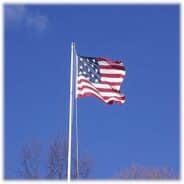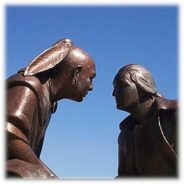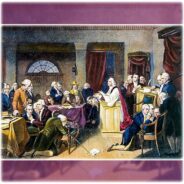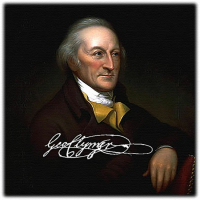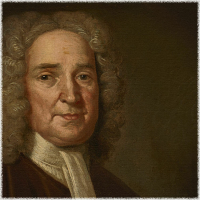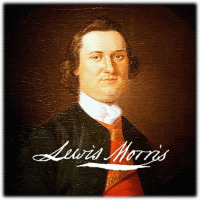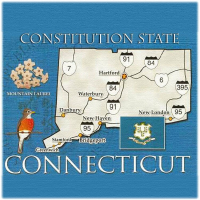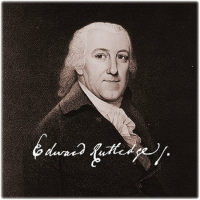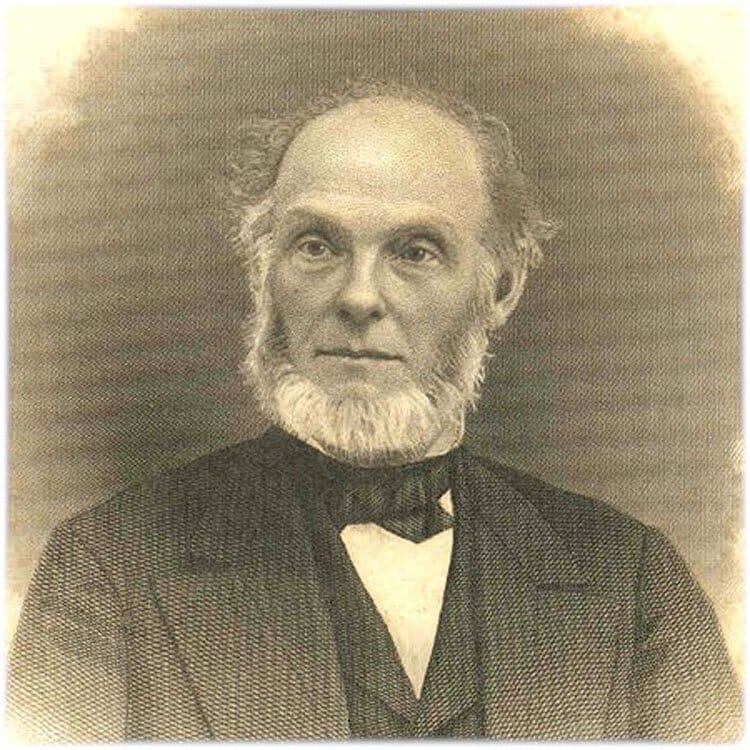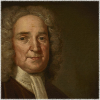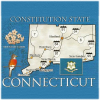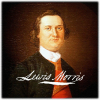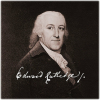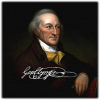George Washington Supported Christian Education
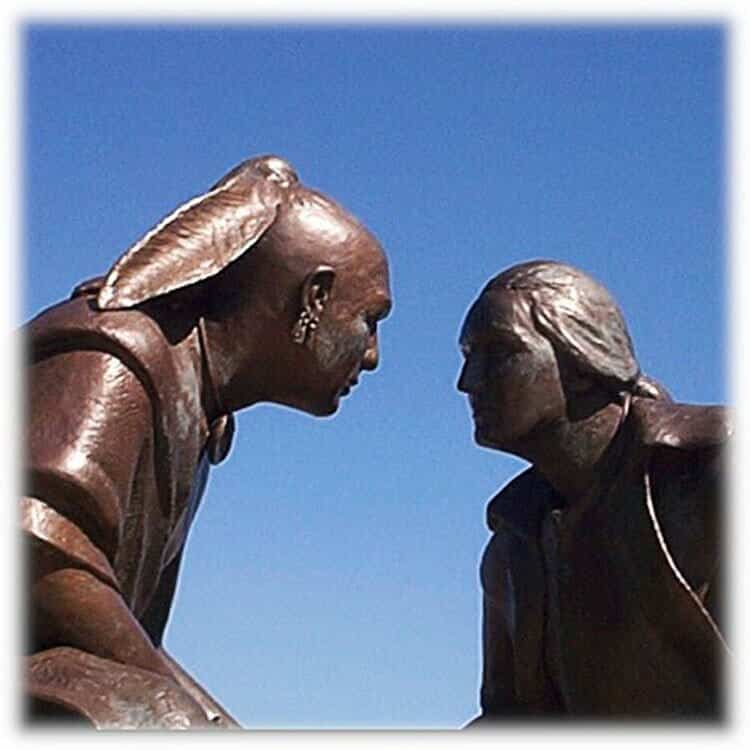
That America was founded upon Christian principles is a matter of historical record, but for most of the last century, secularists[1] have been attempting to rewrite American history to exclude the facts that relate the Christian influence behind the origin and development of the United States. One of the many forms of attack against the true history of America is often against the personal Christian commitments of America's Founding Fathers. Frequently, the Founding Fathers are called "deists"—which is far from the facts of history! What is deeply lamentable is the fact that many Christians have accepted this rewritten form of American history. Among these is well-known evangelical author, Norman Geisler, who penned the following non-historical statement in his book, Is Man the Measure:
…our nation's founders were largely humanistic (or deistic)… There were few evangelical Christians among the signers of the Declaration of Independence, John Witherspoon being a notable exception. And when George Washington was asked if the United States was a Christian country, he replied that 'the government of the United States of America is not in any sense founded on the Christian religion.[2]
George Washington never made this statement, nor did he say anything similar! These words were falsely put in the mouth of George Washington by secularists seeking to rewrite America's history to dismiss its Christian origin—and even Christian evangelicals have bought into the lie of secularism. Secularists have demonstrated themselves to be horrible historians!
The truth concerning the historical record of America's Founding Fathers is very different than that recounted by secularists. One case (of many) that demonstrates the overwhelming majority of the Founding Fathers were Christian concerns George Washington. During the American Revolutionary War, General George Washington and his troops camped twice at Middlebrook, New Jersey. The first encampment was brief, extending from June 14 to July 2, 1777. The day they made this first encampment, June 14, was the day that the Continental Congress passed the first flag act,[3] providing for America's first flag. The Betsy Ross flag was quickly taken to Washington and his troops at Middlebrook from Philadelphia where it flew over American soldiers for the first time. By special act of Congress, the thirteen-star flag of Betsy Ross continues to fly at the Middlebrook encampment site, twenty-four hours a day.
The second encampment at Middlebrook was significantly longer, extending from November 1778 to June 1779. Toward the end of this encampment, on May 12, 1779, the chiefs of the Delaware Indian tribe visited General Washington at Middlebrook. They had brought with them three youth, to whom General Washington extended a special promise—a Christian education! The promise of a Christian education to the youth was part of a brief speech that General Washington made to the chiefs and is provided below in its entirety as recorded in The Writings Of George Washington From The Original Manuscript Sources. The promise of a Christian education for the young Indians has been emboldened below for the sake of emphasis:
Washington Supports Christian Education
SPEECH TO THE DELAWARE CHIEFS
General George Washington
Head Quarters, Middle Brook, May 12, 1779
Brothers: I am happy to see you here. I am glad the long Journey you have made, has done you no harm; and that you are in good health: I am glad also you left All our friends of the Delaware Nation well.
Brothers: I have read your paper. The things you have said are weighty things, and I have considered them well. The Delaware Nation have (sic) shown their good will to the United States. They have done wisely and I hope they will never repent. I rejoice in the new assurances you give of their friendship. The things you now offer to do to brighten the chain, prove your sincerity. I am sure Congress will run to meet you, and will do every thing in their power to make the friendship between the people of these States, and their Brethren of the Delaware nation, last forever.
Brothers: I am a Warrior. My words are few and plain; but I will make good what I say. 'Tis my business to destroy all the Enemies of these States and to protect their friends. You have seen how we have withstood the English for four years; and how their great Armies have dwindled away and come to very little; and how what remains of them in this part of our great Country, are glad to stay upon Two or three little Islands, where the Waters and their Ships hinder us from going to destroy them. The English, Brothers, are a boasting people. They talk of doing a great deal; but they do very little. They fly away on their Ships from one part of our Country to an other; but as soon as our Warriors get together they leave it and go to some other part. They took Boston and Philadelphia, two of our greatest Towns; but when they saw our Warriors in a great body ready to fall upon them, they were forced to leave them.
Brothers: We have till lately fought the English all alone. Now the Great King of France is become our Good Brother and Ally. He has taken up the Hatchet with us, and we have sworn never to bury it, till we have punished the English and made them sorry for all the wicked things they had in their Hearts to do against these States. And there are other Great Kings and Nations on the other side of the big Waters, who love us and wish us well, and will not suffer the English to hurt us.
Brothers: Listen well to what I tell you and let it sink deep into your Hearts. We love our friends, and will be faithful to them, as long as they will be faithful to us. We are sure our Good brothers the Delawares will always be so. But we have sworn to take vengeance on our Enemies, and on false friends. The other day, a handful of our young men destroyed the settlement of the Onondagas. They burnt down all their Houses, destroyed their grain and Horses and Cattle, took their Arms away, killed several of their Warriors and brought off many prisoners and obliged the rest to fly into the woods. This is but the beginning of the troubles which those Nations, who have taken up the Hatchet against us, will feel.
Brothers: I am sorry to hear that you have suffered for want of necessaries, or that any of our people have not dealt justly by you. But as you are going to Congress, which is the great Council of the Nation and hold all things in their hands, I shall say nothing about the supplies you ask. I hope you will receive satisfaction from them. I assure you, I will do every thing in my power to prevent your receiving any further injuries, and will give the strictest orders for this purpose. I will severely punish any that shall break them.
Brothers: I am glad you have brought three of the Children of your principal Chiefs to be educated with us. I am sure Congress will open the Arms of love to them, and will look upon them as their own Children, and will have them educated accordingly. This is a great mark of your confidence and of your desire to preserve the friendship between the Two Nations to the end of time, and to become One people with your Brethren of the United States. My ears hear with pleasure the other matters you mention. Congress will be glad to hear them too. You do well to wish to learn our arts and ways of life, and above all, the religion of Jesus Christ. These will make you a greater and happier people than you are. Congress will do every thing they can to assist you in this wise intention; and to tie the knot of friendship and union so fast, that nothing shall ever be able to loose it.
Brothers: There are some matters about which [I do not open my Lips, because they belong to Congress, and not to us warriors; you are going to them, they will tell you all you wish to know.
Brothers: When you have seen all you want to see, I will then wish you a good Journey to Philadelphia. I hope you may find there every thing your hearts can wish, that when you return home you may be able to tell your Nation good things of us. And I pray God he may make your Nation wise and Strong, that they may always see their own] true interest and have courage to walk in the right path; and that they never may be deceived by lies to do any thing against the people of these States, who are their Brothers and ought always to be one people with them.[4]
Conclusion
General Washington promised that the Continental "Congress" would provide a Christian education for the three youth of the Delaware chiefs. This speech is not a private paper or letter, but is an official act of the supreme commander of the revolutionary forces of the newly formed nation—America. He obligates both himself and the official ruling body of the thirteen states. George Washington was not a deist! In fact, secularists cannot demonstrate that any of America's Founding Fathers were deists or secularists. Rather, as public official documents demonstrate, the overwhelming majority of them were Christians who believed that America, or any nation, would not prosper unless built upon the biblical principles of Jesus Christ. If George Washington understood the value of a good Christian biblical education, how much more important that education should be to every American parent!
America deserves to know its true heritage.
Please contribute today!
Related Articles
[1] "Secularist" and "secularism" is used throughout the articles of Christian Heritage Fellowship to describe efforts to deny Christian and religious influences their true and rightful place in history and cultural development. The more common advocates of such irreligious efforts are generally atheists, agnostics, deists, Marxists, communists, and socialists—to mention only a few of the common irreligious world philosophies.
[2] Norman Geisler, Is Man the Measure: An Evaluation of Contemporary Humanism (Grand Rapids, MI: Baker Book House, 1983), 124-125; quoted in Gary DeMar, America’s 200-Year War With Islamic Terrorism: The Strange Case of the Treaty of Tripoli (Powder Springs, Georgia: The American Vision, Inc., 2009), 9-10.
[3] The act reads, "Resolved, That the flag of the United States be made of thirteen stripes, alternate red and white; that the union be thirteen stars, white in a blue field, representing a new Constellation." "Evolution of the United States Flag," The Flag of the United States of America (http://www.usflag.org/history/flagevolution.html, July 22, 2014).
[4] Washington, George. “Speech to the Delaware Chiefs.” In The Writings of George Washington From the Original Manuscript Sources, 1745-1799, ed. John C. Fitzpatrick, Washington, DC: United States Government Printing Office, 15:53-55.

